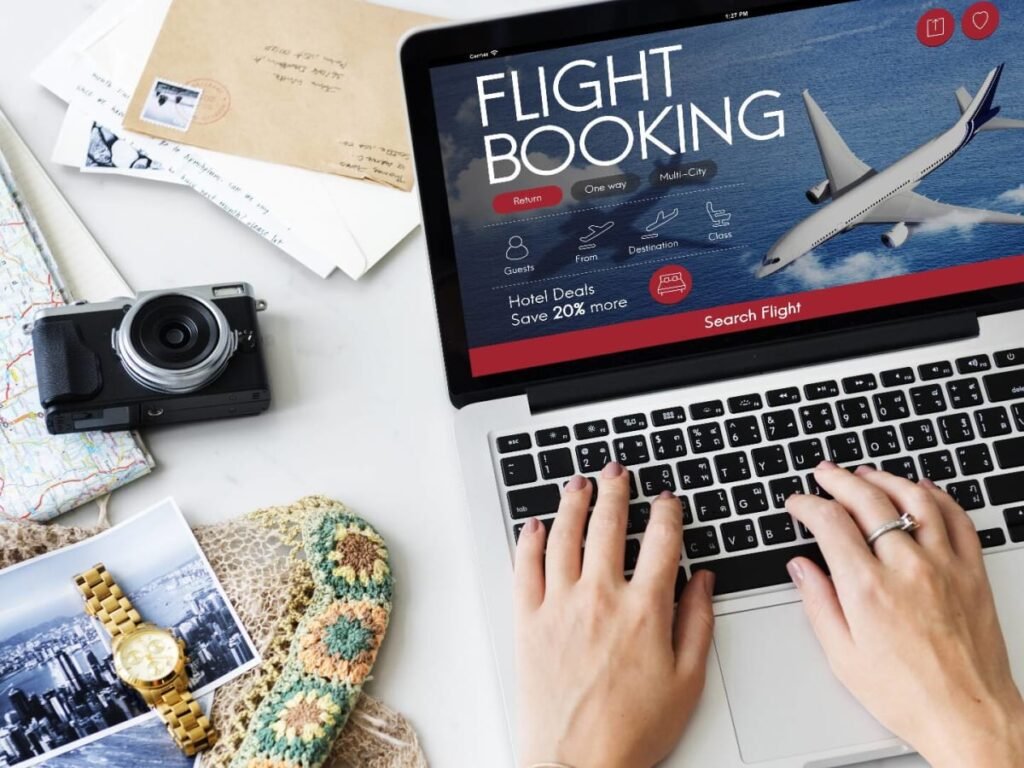Key Takeaways
U.S. colleges provide resources and programs to support international students in settling in and thriving.
Starting early with travel plans, orientation, and course registration is a smart move.
Sorting out finances, housing, and a new phone ahead of time can make the transition smoother.
Being a first-year international student at a U.S. college or university can feel a bit intimidating—even overwhelming at times—with so much to handle. But a little preparation can make a world of difference in setting you up for a successful freshman year.
Misha Bilokur from Ukraine shares that the missteps he made during his first year as a physics major at Princeton University in New Jersey ultimately helped him become more independent and resourceful.
His first oversight? Forgetting to arrange for bedding. His advice? Either order bedding to be delivered to your college housing or pack it in your suitcase. “At least you won’t have to sleep on a bare mattress,” he says.
Here are more tips for international students starting their first year at a U.S. college or university.
Book Your Flights Early

Some colleges hold orientation a few days earlier just for international students, giving them time to settle in and connect with the international student office.
“Early orientations sometimes include a quick tour of the area around campus to help new students get familiar with their surroundings,” says Gina Wilner, a college planning consultant at Advantage College Planning.
Experts explain that orientation helps new students socialize, learn their way around (like finding classrooms, health centers, and computer labs), and adjust to U.S. college life.
“As soon as your college shares orientation dates, book your travel,” Wilner advises.
Connect with Other Students Before Arriving
Many universities organize social media events to help incoming students connect with peers in their class before orientation.
“It might feel awkward or ‘cringey’ to introduce yourself in a Facebook or Instagram post, but remember—everyone else feels the same way,” Wilner says.
These platforms can be great for finding a potential roommate and making connections before move-in day, she adds.
Olivier Nizeyimana, executive director at IGN Educational Consultants, suggests attending mixers during orientation week to meet new people and expand your social circle.
“Mixers are perfect icebreakers and a chance to meet people you might not cross paths with in class,” Nizeyimana says.
Arrive a Few Days Early
Sarah Lopolito, associate dean and director of the Office of Global Engagement at Clark University in Massachusetts, recommends arriving at least a day or two before orientation if possible.
Students can “adjust to the new time zone, open a bank account, and set up a phone before orientation even starts,” she says.
Or, at the very least, find your dorm room.
Aryadeep Ray, a data science major at Clark from India, recalls his first day on campus as a mix of excitement, confusion, and ending up in the wrong dorm.
“Thought I’d stumbled into Narnia! Lesson learned—maps are lifesavers,” Ray jokes.
Set Up a U.S. Phone Plan
Lopolito advises researching phone carriers and plans before leaving for the U.S., as coverage varies by location.
“I recommend setting up a phone plan as soon as you arrive,” she says. “Many U.S. airports sell SIM cards, and some schools, like Clark, provide them for free during check-in.”
Keep in mind that some contracts require a deposit if you don’t have a Social Security number, so a prepaid plan might be better initially. Also, some international phones are locked in the U.S., meaning you may need to buy a new one.
Call Home When You Land
While you might be eager to start your new adventure, your family will want to know you arrived safely. Lopolito warns that forgetting to check in could lead to “frantic calls to campus police as parents try to locate their kids.”
Since airports have Wi-Fi and your new place might not, she says, “letting family know you’ve landed is crucial.”
“Checking in those first few days eases their worries—and helps you feel connected during the transition,” Wilner adds.
Sort Out Finances
Experts suggest carrying some cash (converted to U.S. dollars) and getting a credit card.
“If your wallet is stolen, your money stays safe since most credit cards protect against fraud,” Bilokur says. “Plus, paying bills on time builds your credit score.”
During orientation, students can learn how to open a bank account and should plan for expenses like tuition, housing, food, and entertainment.
“Most student visas don’t allow off-campus work, so earning money while studying abroad usually isn’t an option,” Lopolito explains.
Adjust to Jet Lag
Jet lag is inevitable, but planning helps. “If possible, arrive early to adjust to the new time zone,” Lopolito suggests.
Eating at regular mealtimes, staying hydrated, and getting sunlight can help reset your body clock.
Register for Classes ASAP
Courses fill up quickly, so missing registration could mean losing a spot in a class you need or want.
Ethan Sawyer, founder of College Essay Guy, recommends taking a variety of classes in different fields freshman year. “You never know—the right subject or professor might inspire a new major or career path.”
Elena Perez, a Clark economics graduate from Costa Rica, did just that and highly recommends it.
“Explore before committing to a major. Take advantage of the liberal arts curriculum,” she says.
Compare Textbook Prices
“U.S. college textbooks can be pricey!” Wilner says. “Bookstores offer options—buy new or used, rent, or borrow from the library.”
Lopolito adds, “Shop around for the best deal, but double-check the ISBN to avoid buying the wrong edition.”
Make Friends Outside Your Comfort Zone
While it’s natural to gravitate toward fellow international students, branching out is valuable.
“U.S. campuses are diverse, and upperclassmen can offer great advice,” Lopolito says.
Wilner suggests befriending American students for deeper cultural exposure and fresh perspectives.
Ask the International Student Office for Help
For questions about visas, work rules, or travel, always check with the international student office—not just peers.
“Always verify employment rules, course loads, and travel policies with school officials,” Lopolito advises.
Join Clubs and Attend Events
Sports games, clubs, and social events help you “experience school spirit, meet alumni, and feel proud of your institution,” Nizeyimana says. Some schools even offer free game tickets.
Mateo Pardo, a finance graduate from NYU, says being open to new people and experiences freshman year helped him form lasting friendships.

